Which Fabrics Are Biodegradable? You Can Compost These All-Natural Materials
Updated Jan. 4 2021, 4:12 p.m. ET
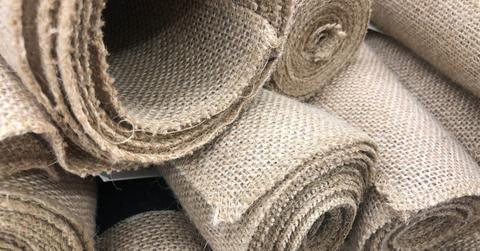
Natural fabrics used to be the most biodegradable ones around. Things like cotton, wool, hemp, or leather would decompose naturally using microorganisms. Unfortunately, many of today’s versions of those fabrics are not nearly as biodegradable as they used to be — or as sustainable. If that’s the case and the old, eco-friendly favorites are too chemically-treated to stand the test of time, what fabrics are biodegradable anymore?
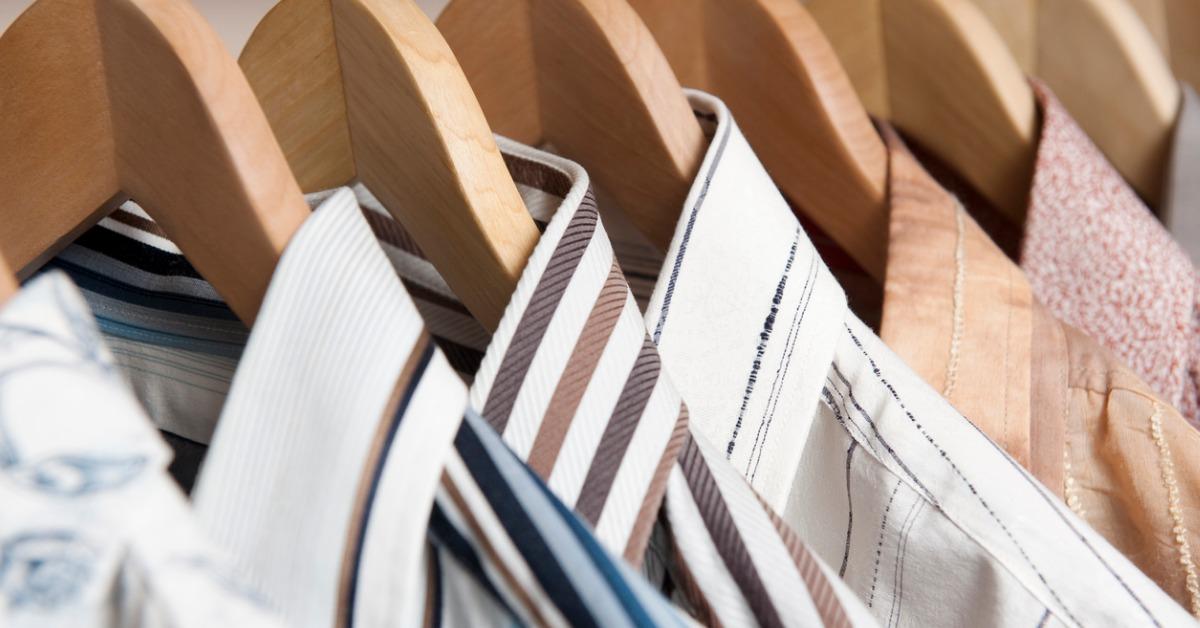
What does biodegradable mean?
Biodegradable means that an item can be disintegrated into its natural base elements by bacteria, fungi, or some other biological process. Biodegradation is just the process of nature breaking down materials into their component parts. Most fruits, vegetables, and other plant-based foods are biodegradable, in that given the passage of time and the right biological conditions, they would eventually biodegrade.
In the same way, many fabrics can undergo the same process. Biodegradable fabrics are those fabrics that are considered to decompose easily via the natural process. With fabrics though, the process is a bit more complex. Depending on the chemicals used on the fabric, the process could take longer. Those chemicals might even cause damage to the environment or to the fungi or microorganisms that would normally have helped to break down the fabric.
What fabrics are biodegradable?
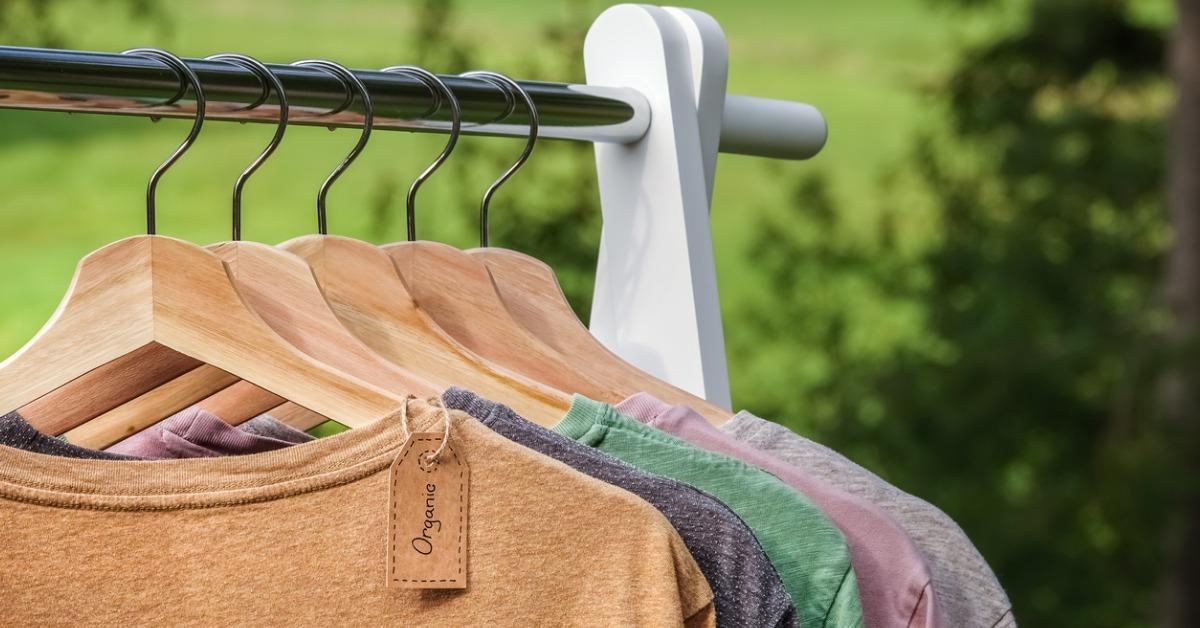
There are several different types of biodegradable plant-based fabrics out there, including hemp, cotton, abaca, bamboo, lyocell (aka TENCEL), ramie, and jute. Some animal-based fabrics are also biodegradable, depending on the circumstances.
Keep on reading for the details on just a few of our favorite biodegradable fabrics.
Hemp
Most hemp fabrics are produced using natural and sustainable methods. The hemp is cut and stripped manually from the hemp plant and then woven into threads of hemp fiber. It causes no pollution and most hemp farmers understand the importance of sustainable agriculture. An interesting thing about hemp fiber is that it becomes softer over time, making it even easier to biodegrade.
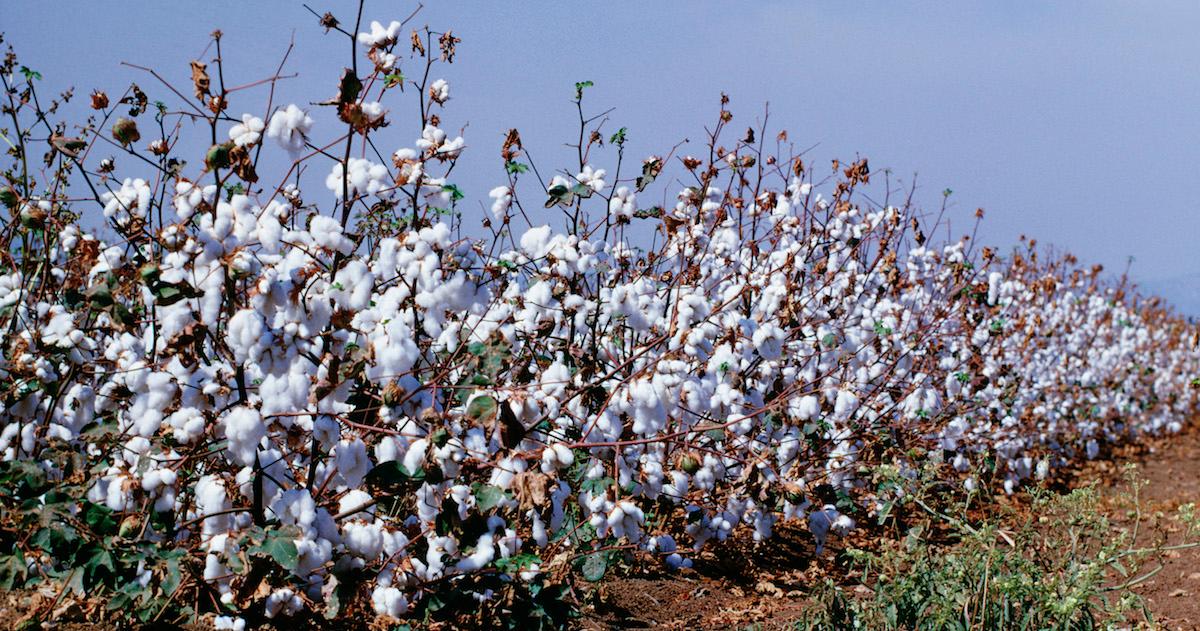
Cotton
There are more than 220,000 organic cotton farms around the world, with at least 60 of those producing cotton in the U.S. Organic cotton is bereft of pesticides, GMOs, and synthetic fertilizers. It’s considered healthy and good for the environment (though it uses a lot of water to grow), and so long as it’s not treated with any harsh chemicals, it decomposes quickly when it eventually wears out.
Conventional cotton can be composted too, but depending on the dyes used, it may not be the best thing for your soil. Just make sure your garment is 100 percent cotton and not a blend before composting it.
Silk
Silk is a strong, resilient fabric that takes about four years to fully biodegrade. It’s hypoallergenic, antimicrobial, antifungal, luxurious, and comfortable. But be forewarned, it is certainly not vegan-friendly. Silk is made by boiling silkworms alive, which kills the silkworms before they can become moths, and instead results in long silk threads forming.
About 3,000 silkworms must be killed to make just 1 pound of silk, according to PETA — so just because it's biodegradable does not mean it's sustainable.
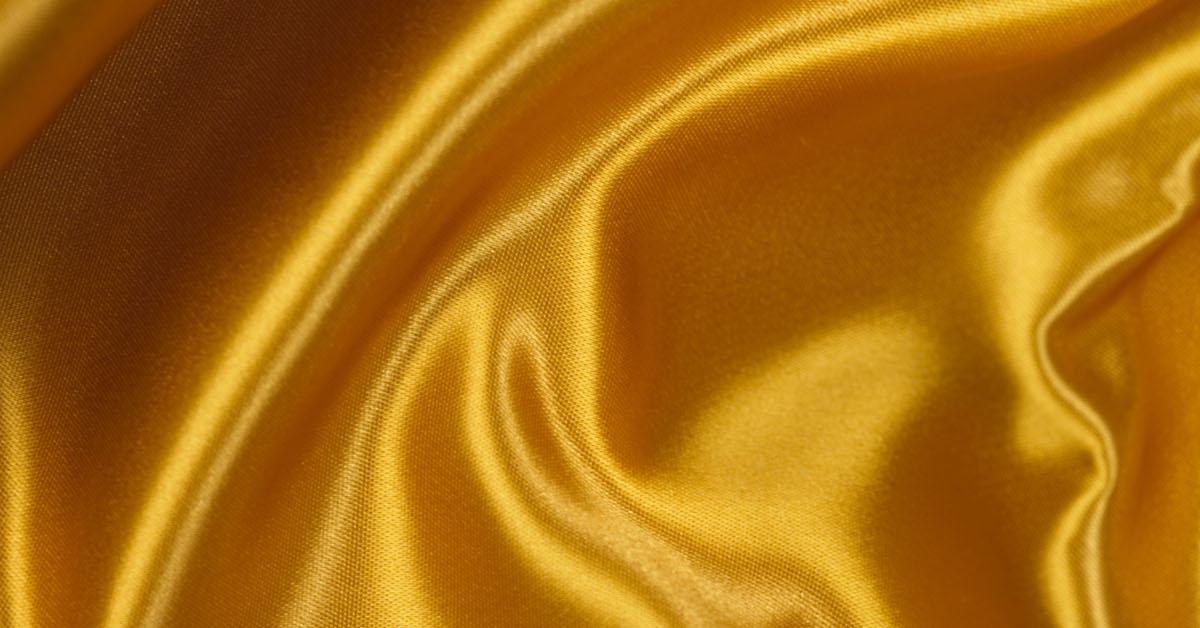
Bamboo
We’re not talking about the stuff that panda bears eat… not entirely, anyway. Bamboo fabric is made by allowing the plant to break down via natural enzymes. Once it has become pliable, it is then woven into fabric. Bamboo is one of the tallest grass species in the world. It grows like wildfire and comes in without the need for fertilizers or pesticides, so it’s generally very sustainable.
Abaca
This is a weird one, but an organic and sustainable one. Abaca is a leaf fiber cultivated from the leaves of the Abaca plant that looks similar to burlap or hemp. The leaf stalks are manually stripped and pulped before they are washed and dried in order to make the fibers. It’s usually found in the Philippines and is often referred to colloquially as Manila hemp.
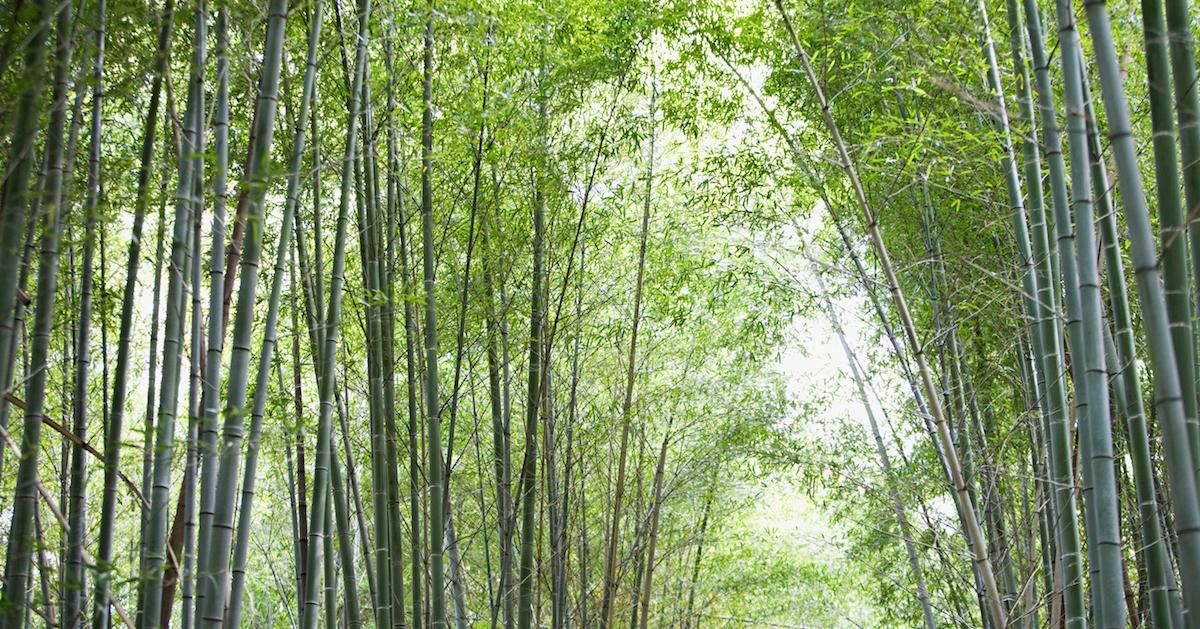
What fabrics are not biodegradable?
Plastic-based fabrics like acrylic, nylon, fleece, polyester, and rayon are some of the least biodegradable fabrics on the market. Not only do these synthetic fabrics not biodegrade, but their manufacturing process is also completely unsustainable.
Polyester factories release pollution into the environment and use millions of gallons of water to produce them. Worse yet, when plastic fabrics do “break down” they turn into dangerous microplastics, which are dangerous to humans and animals.
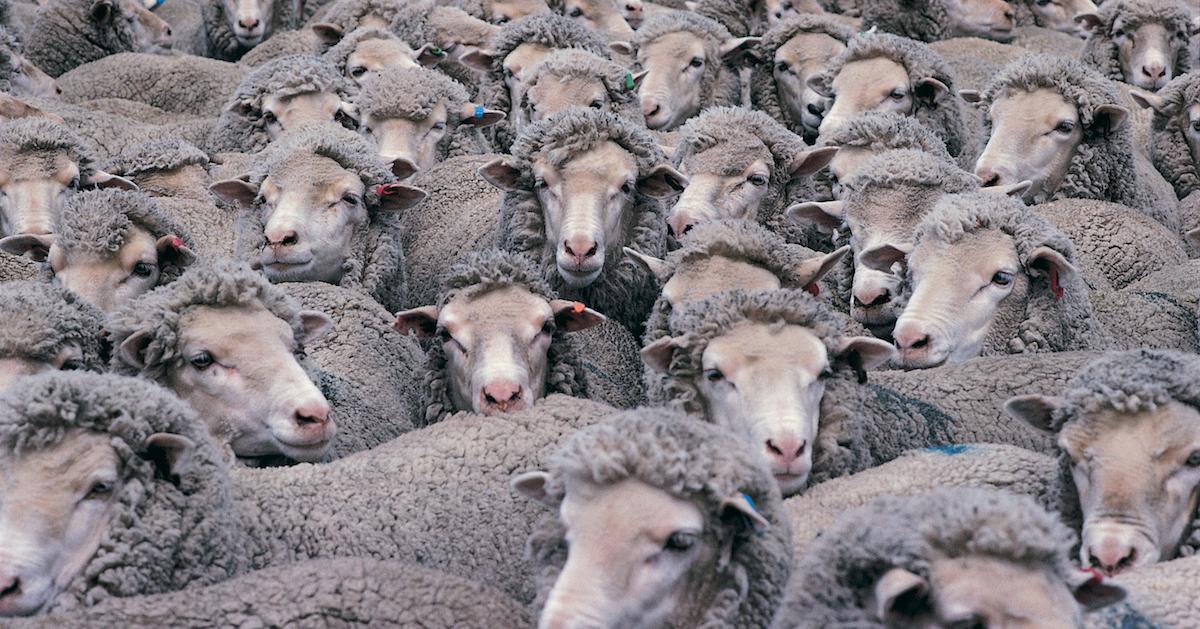
Hey, why didn’t you mention wool, fur, or leather?
Animal-based fabrics like wool, fur, cashmere, and leather are really no better than most synthetic fabrics when it comes to biodegradability. These fabrics are often so heavily treated with chemicals and dyes that they can no longer decompose via normal methods.
When wool is not treated heavily, its high nitrogen content will help it biodegrade within a year, but wool has more problems than simple chemical dyes. Like all animal products, the harvesting of sheep wool takes a toll on the animals themselves, and is a highly-polluting process for the environment.